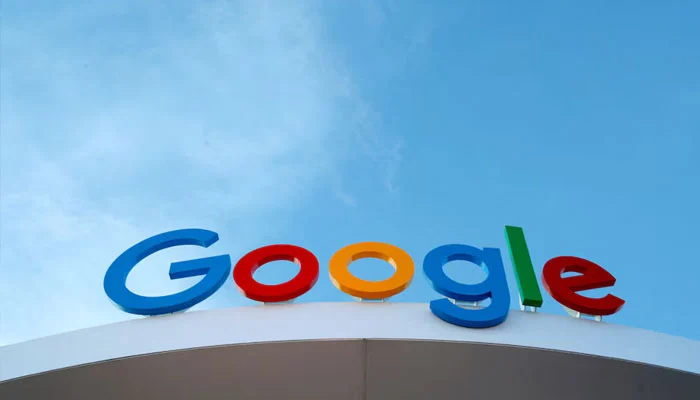At Google’s antitrust trial in Washington on Tuesday, OpenAI’s head of product, Nick Turley, testified that the company would entertain the possibility of purchasing the Chrome browser should Alphabet be ordered to sell it off, according to a Reuters report. This statement arose as the Department of Justice (DOJ) pursues structural remedies aimed at restoring competition within the online search industry.
Judge Amit Mehta had previously ruled that Google holds a monopoly in both search and advertising, although Google has indicated its intention to appeal this decision. Chrome has not been offered for sale.
Turley also testified that Google had declined OpenAI’s request to integrate its search technology into ChatGPT. The AI firm made this approach after encountering difficulties with its existing search provider, whose name Turley did not disclose. Currently, ChatGPT utilizes Microsoft’s Bing for its search capabilities.
In an email presented in court, OpenAI communicated to Google, “We believe having multiple partners, and in particular Google’s API, would enable us to provide a better product to users.” Google rejected this proposal in August, citing concerns about potentially empowering competitors.
“We have no partnership with Google today,” Turley stated during his testimony.
He further added that the DOJ’s proposed remedies—such as mandating that Google share its search data—could be beneficial for OpenAI in enhancing ChatGPT’s ability to deliver timely and accurate information. Turley pointed out that ChatGPT is still several years away from being capable of handling 80% of user queries using only its own internally developed technology.
Prosecutors cautioned that Google’s dominant position in search could extend into the realm of artificial intelligence, potentially granting it an unfair advantage in both sectors. Google, however, maintains that the case is not centered around AI and asserts that it faces significant competition from companies like Meta and Microsoft.
Earlier in the trial, Judge Mehta concluded that Google had employed exclusive agreements with manufacturers like Samsung to solidify its market dominance. Evidence presented showed that the company had considered pursuing exclusive deals for its search application, its Gemini AI model, and the Chrome browser.
Recent contractual agreements with firms such as Samsung and Motorola have since been modified to be non-exclusive, aligning with some of Google’s proposed remedies. Nevertheless, the DOJ is advocating for more stringent measures, including a ban on payments made to secure the default placement of Google search on various platforms.



